Research
Seminars
Spring
2010
Previous
Seminars
Dr. Hoi Lee
University of Texas at Dallas
Date: April 30th, 2:00pm, 414
CESPR/Schapiro
Topic: Analog Circuit
Techniques for Power Management Applications
Abstract
This
talk describes analog circuit techniques to improve performances of a
wireless power transmission system in cochlear implants and a
portable power management system in handheld electronic devices. In
the wireless power transmission system, high system power efficiency
is crucial not only to prolong the battery runtime but also to
minimize the potential tissue damage caused by overheating. New
circuit architectures/techniques in both the integrated CMOS
rectifier and the switched-capacitor charge pump that are embedded
inside the body will be addressed to improve the system power
efficiency. In portable power management applications, both
switched-mode DC/DC converters (SMPC) and low-dropout regulators
(LDO) are fundamental power modules. This talk will also discuss
using dynamically-biased shunt feedback to improve transient response
of the LDO and to enable SMPC to operate at high switching
frequencies through increasing the current-sensing speed under low
power condition.
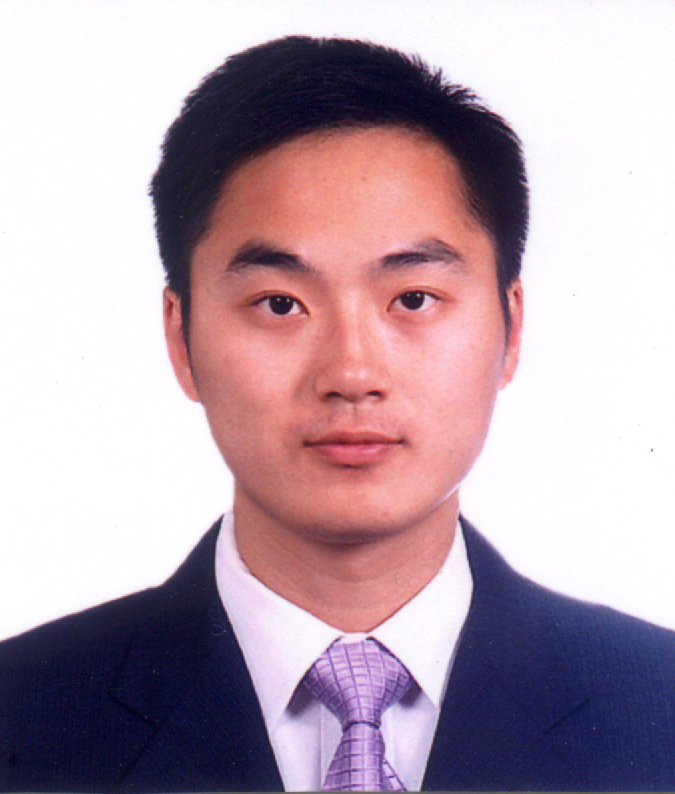
Biography
Dr.
Hoi Lee received the B.Eng., M.Phil., and Ph.D. degrees in electrical
and electronic engineering from the Hong Kong University of Science and
Technology in 1998, 2000, and 2004, respectively. In January 2005, he
joined the Department of Electrical Engineering, University of Texas at
Dallas, where he is an Assistant Professor. His current research
interests include power management integrated circuits for portable,
energy harvesting, solid-state lighting, and biomedical applications,
integrated bioelectronics for cochlear and neural prosthesis, and
low-voltage low-power analog and mixed-signal circuit techniques.
Dr. Lee was the recipient of the Best Student Paper Award at the 2002
IEEE Custom Integrated Circuits Conference. He has served as an
Associate Editor of the IEEE Transactions on Circuits and Systems-II
from 2007 to 2009. He is currently on the Technical Program Committee
of the IEEE Custom Integrated Circuits Conference, and the Analog
Signal Processing and the Power Systems and Power Electronic Circuits
Technical Committees of the IEEE Circuits and Systems Society
Dr. Sudhakar Pamarti
University of California at Los Angeles
Date: April 23rd, 2:00pm, 414
CESPR/Schapiro
Topic: Digital Signal
Conditioning Techniques for the Analog Circuit Designer
Abstract
Mixed-signal circuits are
critical components in most electronic systems. Aggressive integrated
circuit technology scaling has placed on them both tremendous
performance demands and severe challenges such as transistor
non-linearity, process variability etc. This talk will present a choice
selection of digital signal processing techniques that exploit the
relative abundance of inexpensive digital logic to overcome the
aforementioned challenges and enable high performance in mixed-signal
circuits. Specifically, techniques that
"condition" the statistical properties of signals being processed by
the mixed-signal circuits, making them inherently immune to circuit
imperfections, will be described. Example applications to frequency
synthesizers, power amplifiers, and wired communication transceivers
will be presented.
Speaker
Biography
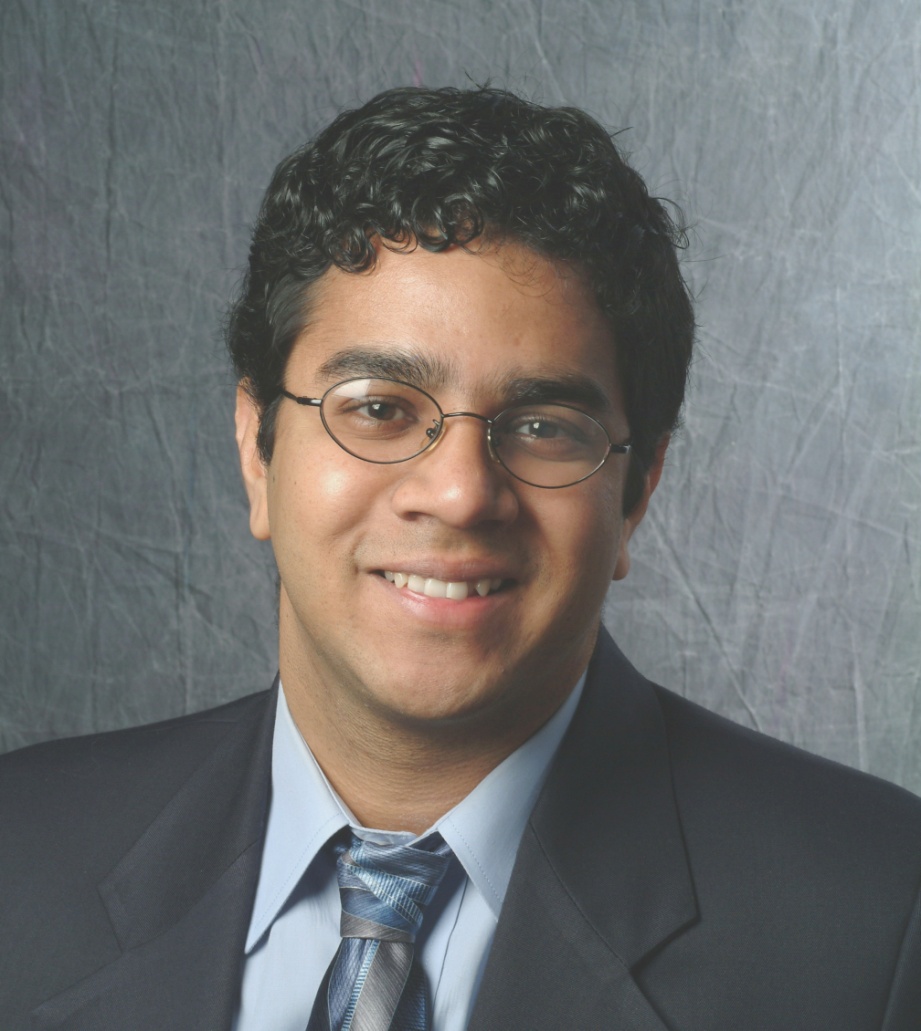
Dr.
Sudhakar Pamarti is an assistant professor of electrical engineering at
the University of California, Los Angeles, where he teaches and
conducts research in the fields of mixed-signal circuit design and
signal processing. Dr. Pamarti received the M.S. and the Ph.D. degrees
in electrical engineering from the University of California at San
Diego in 1999 and 2003, respectively, and the Bachelor of Technology
degree in electronics and electrical communications engineering from
the Indian Institute of Technology, Kharagpur in 1995. Prior to joining
UCLA, he has worked at Rambus Inc. (‘03-`05) and Hughes Software
Systems (‘95-`97) developing high speed I/O circuits and embedded
software and firmware for a wireless-in-local-loop communication system
respectively. Dr. Pamarti has served on the editorial board of the IEEE
Transactions on Circuits and Systems II and is a recent recipient of
the NSF CAREER award.
Dr. Poras Balsara
University of Texas at Dallas
Date: April 2nd, 10:30am, 414
CESPR/Schapiro
Topic: Energy Efficient
Digital Design
Abstract
As CMOS technology shrink
and device densities on a chip increase, power dissipationis rapidly
becoming the most important design concern. This talk will
present some early results from our recent work involving device sizing
for low power digital design. The technique presented will
enable quick exploration of different architectures and circuit
topologies in order to analyze energy and delay trade-offs for a given
functional block in a system.
Speaker
Biography
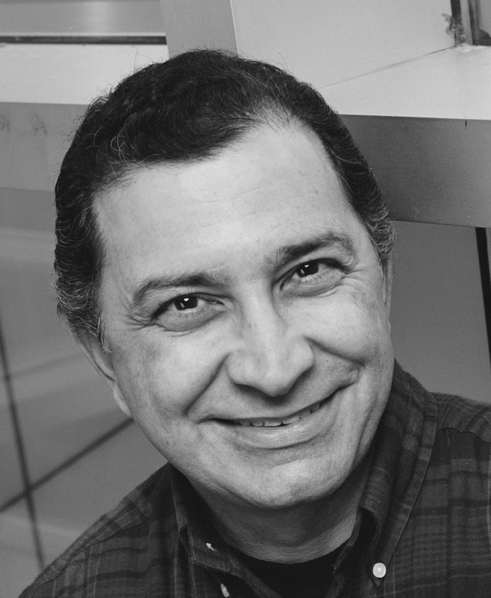
Poras
T. Balsara is
a Professor of Electrical Engineering at the University of Texas at
Dallas. He received his MS and PhD degree from the Penn State
University in 1985 and 1989, respectively. His research
interests include, VLSI design, design of energy efficient digital
systems, circuits and systems for DSP and communications,
digitally-intensive RF and mixed-signal circuits, and computer
arithmetic. He has published several journal and conference
papers in these areas
Dr. Rahul Sarpeshkar
Massachusetts Institute of Technology
Date: March 26th, 2:00pm, 414
CESPR/Schapiro
Topic: Bioelectronics
Abstract
Nature is a great analog
and digital circuit designer. She has innovated circuits in the
biochemical, biomechanical, and bioelectronic domains that operate very
robustly with highly imprecise parts and with incredibly low levels of
power. I will discuss how analog and bio-inspired circuits and
architectures have led to and are leading to novel architectures in
sensing and computing, e.g., in ear-inspired radios, architectures for
improving operation in noise, neuron-inspired signal-to-symbol
conversion, and hybrid analog-digital architectures that are inspired
by computations within cells. Such techniques can lead to highly
energy-efficient parallel architectures that operate rapidly and
precisely and solve computationally intensive tasks. I will provide
examples from systems built in my lab for bionic ear processors for the
deaf, brain-machine interfaces for the blind and paralyzed, and body
sensor networks for cardiac monitoring.
Speaker
Biography
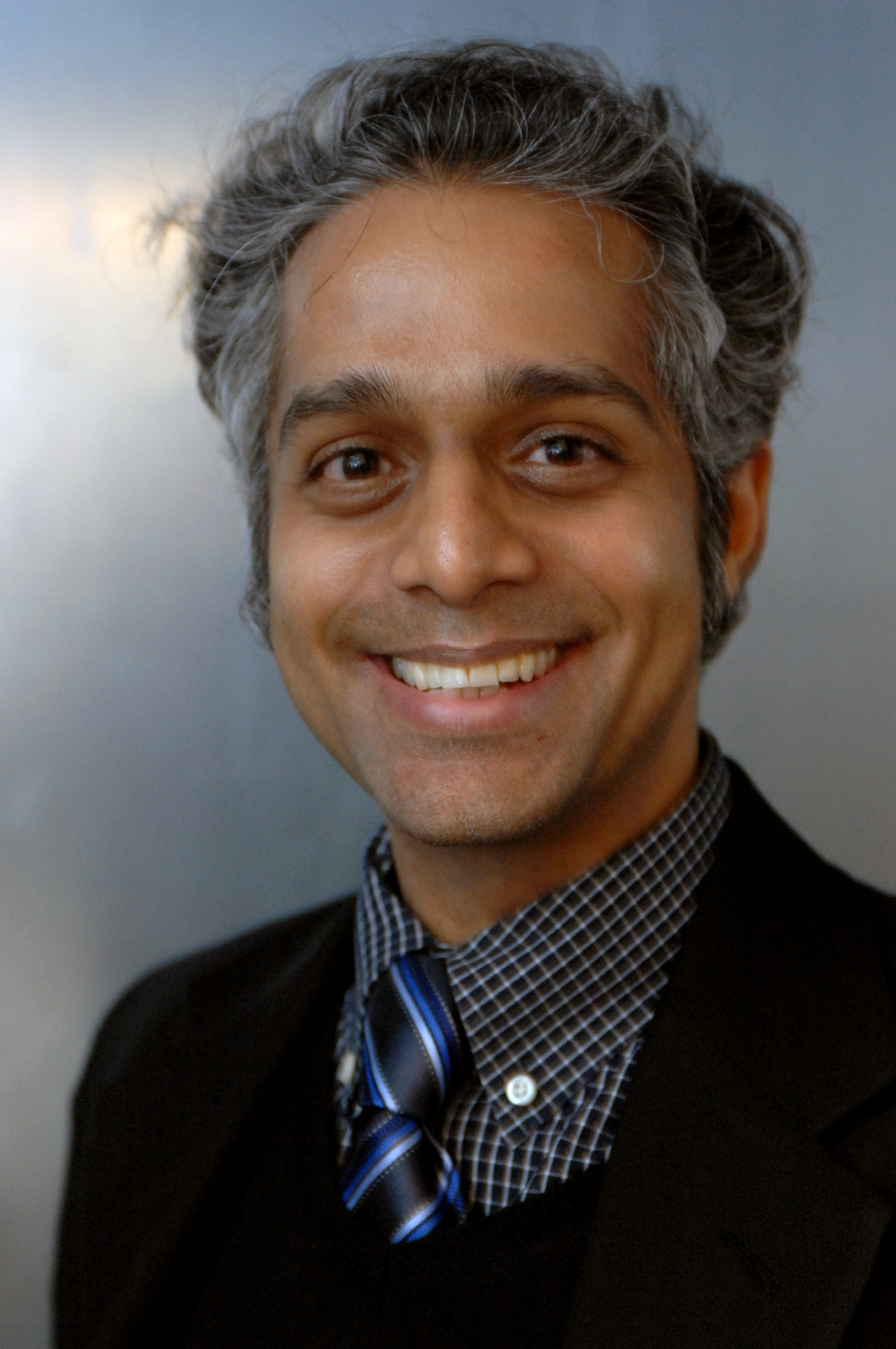
Rahul Sarpeshkar
obtained Bachelor's degrees in Electrical Engineering and Physics at
MIT. After completing his PhD at Caltech, he joined Bell Labs as a
member of the technical staff. Since 1999, he has been on the faculty
of MIT's Electrical Engineering and Computer Science Department, where
he is an Associate Professor and heads a research group on Analog VLSI
and Biological Systems. He has received the Packard Fellow Award given
to outstanding faculty, the ONR Young Investigator Award, the NSF
Career Award, the Indus Technovator award, and the Junior Bose Award
for excellence in teaching at MIT. He holds over 25 patents and has
authored more than 100 publications, including one that was featured on
the cover of Nature. His research interests include analog
microelectronics, ultra-low-power circuits and systems, biologically
inspired circuits and systems, biomedical systems, feedback systems,
neuroscience, and molecular biology. His book, "Ultra Low Power
Bioelectronics: Fundamentals, Biomedical Applications, and Bio-inspired
Systems" was released in February 2010 and contains a broad and deep
treatment of the fields of bioelectronics and ultra low power
electronics.
Dr. Kofi Makinwa
Delft University of Technology
Date: March 12th, 2:00pm, 414
CESPR/Schapiro
Topic: Using Heat to Measure
Temperature
Directions
This seminar is part of
the distinguished lecture series sponsored by the New York chapter of
the IEEE EDS/SSCS, please visit http://edssscs.googlepages.com/
Abstract
Temperature sensors are everywhere! They are used in
CPUs for thermal
management, in DRAMs to control refresh rates, and in MEMS frequency
references for temperature compensation, to name a few high volume
applications. Conventional temperature sensors are based on bipolar
transistors, and must be trimmed to compensate for the inaccuracy
(about 3 degree Celsius) caused by process spread. However, trimming is
a time consuming process that significantly increases manufacturing
costs. This talk will discuss recent research on temperature sensors
based on the thermal diffusivity of silicon, i.e. the rate at which
heat diffuses through silicon. Due to the purity of IC-grade silicon,
such temperature sensors achieve untrimmed inaccuracies of 0.2 degrees
Celsius, which is much better than that of conventional sensors.
Speaker
Biography
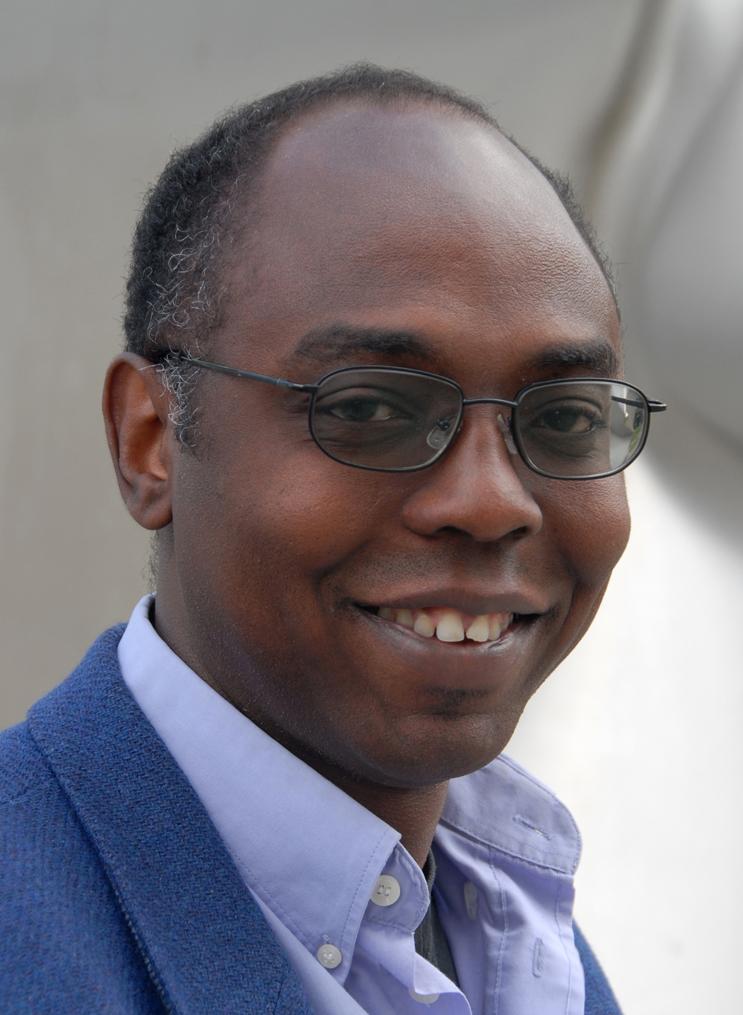
Kofi A.A. Makinwa is a Professor at Delft University of Technology, The
Netherlands, where he leads a group that designs precision analog
circuits, ΣΔ modulators, and smart sensors. He holds B.Sc. and M.Sc.
degrees from Obafemi Awolowo University, Nigeria, an M.E.E. degree from
the Philips International Institute and a Ph.D. degree from Delft
University of Technology, both in The Netherlands. From 1989 to 1999 he
was a research scientist at Philips Research Laboratories. He holds 14
patents, has (co)-authored over 100 technical papers, and has given
tutorials at the ISSCC and several other conferences. Dr. Makinwa is a
(co)-recipient of JSSC, ISSCC (3), ESSCIRC, ISCAS and IEEE Sensors best
paper awards, and is a recipient of the Simon Stevin Gezel award from
the Dutch Technology Foundation. He is a distinguished lecturer of the
IEEE and a member of the Young Academy of the Royal Netherlands Academy
of Arts and Sciences.
Dr. Yorgos Palaskas
Intel Corporation
Date: February 26th, 2:00pm, 414
CESPR/Schapiro
Topic: Radio Design Concepts
for SoC's
Abstract
This talk reviews
recent developments in radio
design for Systems-on-Chip implemented in heavily scaled CMOS
processes. We
review 3 specific concepts and associated prototypes: (1) 28dBm
outphasing
power amplifier based on inverters
for OFDM applications, (2) frequency divider-by-1.25 with 60dB-accurate
digital
calibration for pulling-immune LO generation and (3) 2.5GHz digital modulator
implemented using automatic digital
synthesis techniques. These techniques take advantage of the fine time
resolution and extreme digital processing power afforded by advanced
CMOS
processes, and they show a new radio design paradigm emerging for SoC
applications.
Speaker
Biography
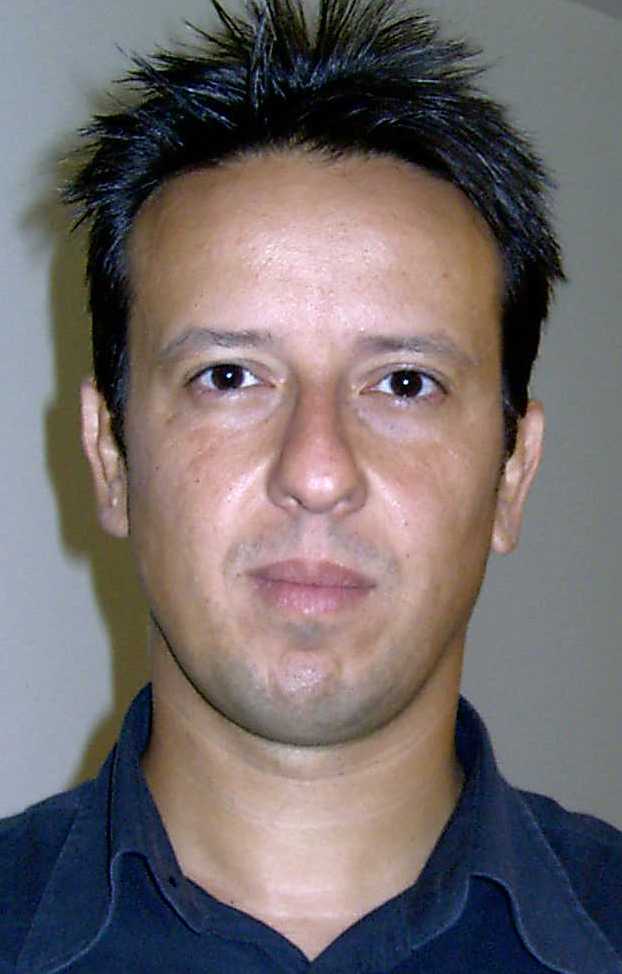
Yorgos Palaskas received the Diploma in Electrical and Computer
Engineering from the National Technical University of Athens, Greece,
in 1996, and the M.S. and Ph.D. degrees, both in Electrical
Engineering, from Columbia University, New York, in 1999 and 2002,
respectively. Since January 2003 he has been Intel Labs, Hillsboro,
Oregon, where he is currently an Engineering Manager. His research
focuses on wireless transceivers for WiMAX-WLAN and 60GHz in nanometer
CMOS technologies. He is currently serving on the Technical Program
Committee for the IEEE International Solid-State Circuits Conference
and the IEEE European Solid-State Circuits Conference.
.
|
| Copyright 2009
The Trustees of Columbia University in the City of New York |
|

